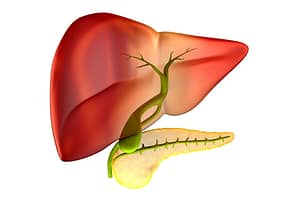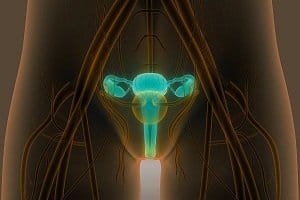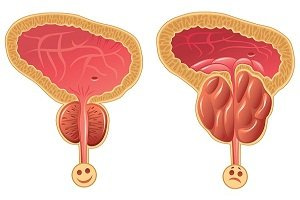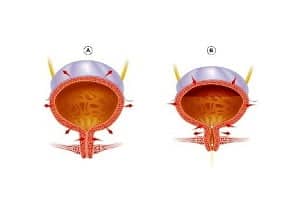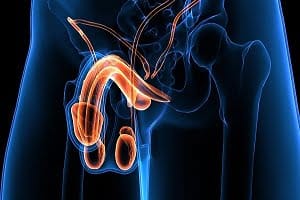Browsing: Urological Conditions
Urological conditions refer to a wide range of medical conditions that affect the urinary tract and reproductive system in both males and females. These conditions may involve the kidneys, ureters, bladder, urethra, prostate gland, and genitals, and can cause a variety of symptoms that may affect a person’s quality of life.
Some common urological conditions include urinary tract infections (UTIs), kidney stones, bladder infections, urinary incontinence, prostate disorders (such as benign prostatic hyperplasia or prostate cancer), erectile dysfunction, and urinary tract obstructions. These conditions may result from various factors such as infections, inflammation, hormonal imbalances, genetic predisposition, lifestyle choices, or other underlying health conditions.
It is important to seek prompt medical attention if you suspect you may have a urological condition, as early diagnosis and appropriate management can help prevent potential complications and promote better health outcomes. Your healthcare provider, such as a urologist, can provide accurate diagnosis and personalized treatment plans tailored to your specific needs.
There are many causes responsible for causing a sharp pain in urethra. Some of them include UTIs, vaginal infections, kidney stones, epididymitis, prostatitis, pelvic inflammatory diseases, etc. Appropriate measures can be taken for preventing the pain in urethra.
There are several signs and symptoms of urinary incontinence. Broadly, these signs and symptoms are divided into two categories: emotional signs and sensory signs. Emotional signs refer to changes in the behavior and actions of a patient. Common emotional signs are depression, anger, low self-esteem, socially less active, desire for attention etc.
You must share every detail of the illness to your doctor in order to get the correct diagnosis. He or she will first ask several questions related to your illness to understand about the type of incontinence, severity of the disease and its underlying causes. The doctor may ask about the symptoms and your medical history.
How is Prostatitis Diagnosed?
Prostatitis is generally diagnosed by analyzing a urine sample examining your prostate gland. This examination involves a digital rectal examination to check for abnormalities of the gland. Your physician may also collect and test a sample of the prostatic fluid for lab testing of the sample. Additional tests may be recommended as needed by the doctor.
What Causes Urinary Incontinence?
Urinary incontinence is not a disease but a symptom. It is usually caused due to lifestyle, habits, underlying medical conditions or physical problems. The evaluation of your symptoms by the doctor can help find the real cause of your problem. Causes of urinary incontinence can be different for different types.
When urethritis is caused by pathogens (such as germs) and not by the sexually transmitted infection gonorrhea, it is called non-gonococcal urethritis. Sometimes, it is termed non-specific urethritis when no cause is identified for the infection. Urethritis is the most common condition and is a sexually transmitted disease.
Each type of prostatitis is treated differently. Chronic bacterial prostatitis and chronic pelvic pain syndrome stay for a long time even after initial treatments. The treatment vary from person-to-person based on the severity of symptoms. Each person responds differently to the treatment and sometimes doctor tries may try various treatments to check if symptoms are improving.
What Is Urinary Incontinence?
Urinary incontinence is a condition of involuntary leakage of urine which occurs when a person loses control over his bladder resulting in the unintentional leakage of urine. In some cases, the bladder may empty completely while in the other cases, a person may experience only minor leakages of the urine.
What are the Symptoms of Prostatitis?
Prostatitis can be quite painful and troubling but can be treated. Common symptoms are pain or burning sensation when urinating, dribbling urination, cloudy urine, blood in the urine, painful ejaculation, pain or discomfort in the penis or testicles, abdominal pain, pain between scrotum and rectum region, etc.
What Causes Prostatitis?
Prostatitis is often caused by bacteria. The infection generally starts when bacteria enter into your prostate from the urine. Sometimes, a damage of the nerve in the urinary tract by surgery or trauma might lead to prostatitis. Common risk factors are use of catheter, having had a surgery of prostate, and pelvic trauma.


